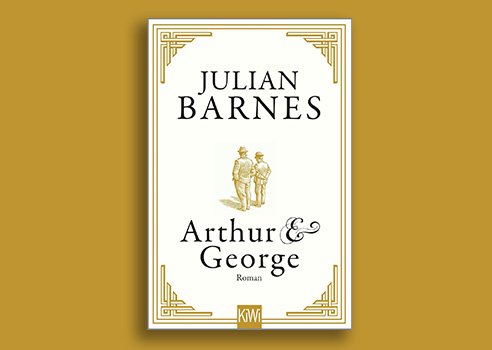Reading time: Less than 1 minute
I like to share interesting pieces of figurative language I encounter in my reading. I write today about two metaphors from Julian Barnes.
The best book I read this summer was a true but fictionalized account of Sir Arthur Conan Doyle (creator of Sherlock Holmes) and his real-life efforts to release from prison an Anglo-English solicitor — George Edalji — who had been wrongly convicted in 1903 of brutally killing a number of ponies.
Written by Julian Barnes, and titled Arthur and George, the book examines the life of each man independently and then describes the moment when their lives converge in 1906. The story is gripping and I look forward to the three-part TV series, starring Martin Clunes, which is set to air in North America shortly.
But I don’t expect it to top the book, which is superbly well written. Here, for examples, are two of the metaphors that Barnes employed:
- He was able to walk, and could reach up to a door handle. He did this with nothing that could be called a purpose, merely the instinctive tourism of infancy.
- ‘But if calm reason has not worked, I shall give them noisy reason. I shall not use the back stairs but the front steps. I shall bang a big drum. I intend to shake more than a few trees, George, and we shall see what rotten fruit falls down.’
I particularly relish the phrase, “the instinctive tourism of infancy.” It reminds me of when my own children were small and used to cruise through the main floor of our house, clinging to the furniture as they navigated their way through the living room, dinging room and kitchen. Yes, of course, that was tourism…


